
International Clinical Trials Day 2024
Celebrating the clinical research community, and all that they do to help everyone affected by lymphoma.
Read the latest news and views from Lymphoma Action.
Use the drop down filter to find the most relevant news for you.

Celebrating the clinical research community, and all that they do to help everyone affected by lymphoma.
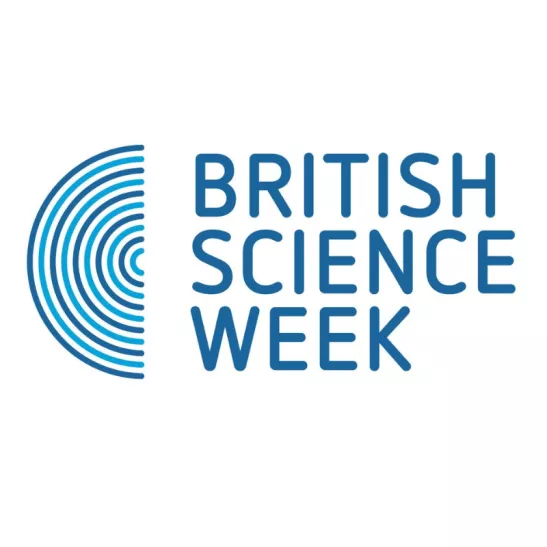
Scientific advances are continually improving the lives of those affected by lymphoma.
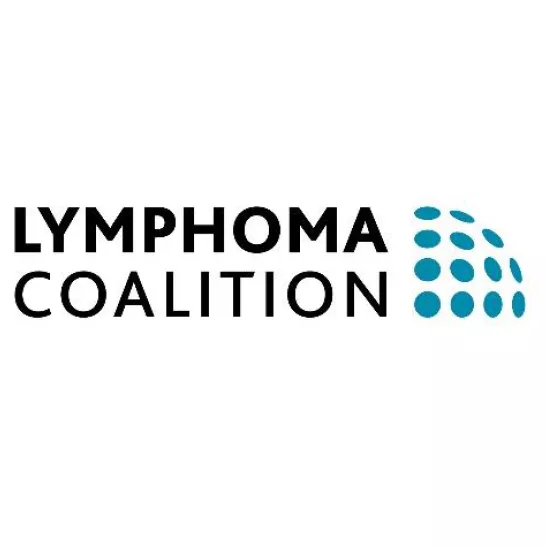
UK results of the Lymphoma Coalition Global Survey for 2022.

Latest information About clinical trials and Questions about clinical trials
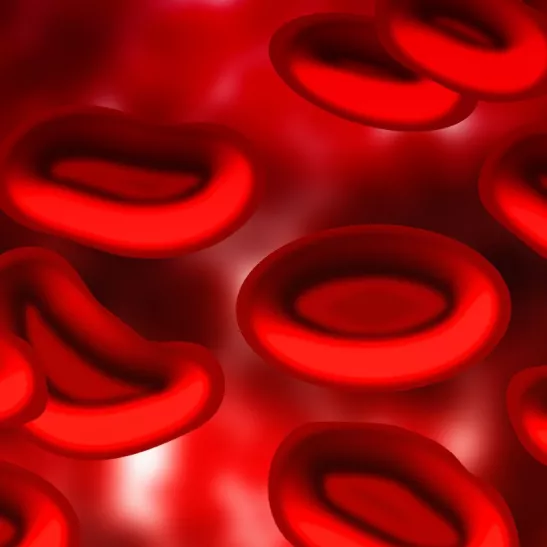
Research study is seeking participants to help inform support.
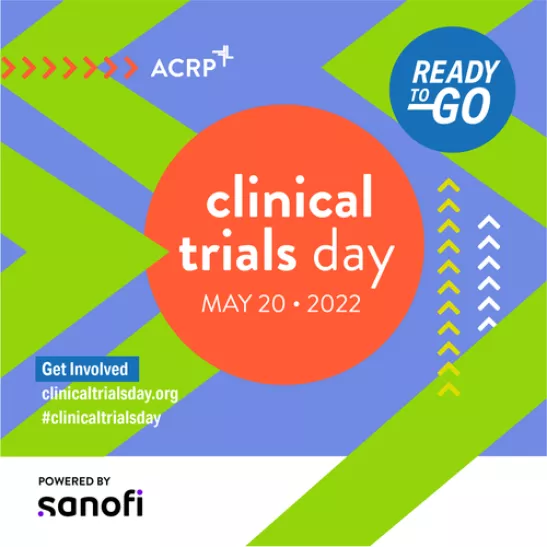
This year celebrates 275 years since the first clinical trial took place.
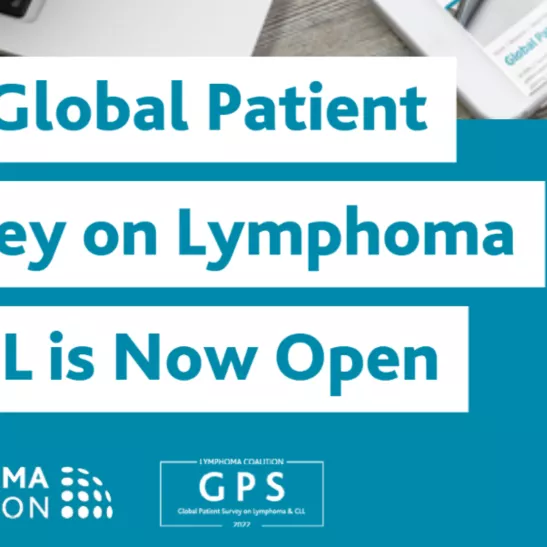
We want to hear from you! Your insights can inform support and care in the future. The survey is open until 14 April 2022.
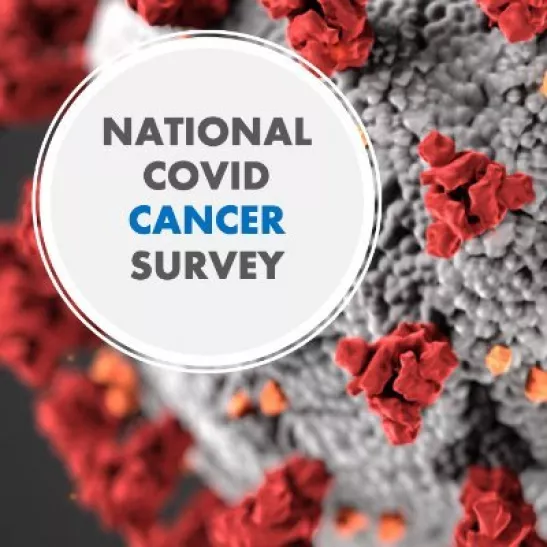
There's still time to sign up to have your COVID antibody levels tested and help scientists work out what level of antibodies offers protection against COVID-19.

The paper covers recommendations on the diagnosis and treatment of people with Richter transformation.

EBV-specific T cells are active against extranodal NK/T-cell lymphoma and could be studied further.